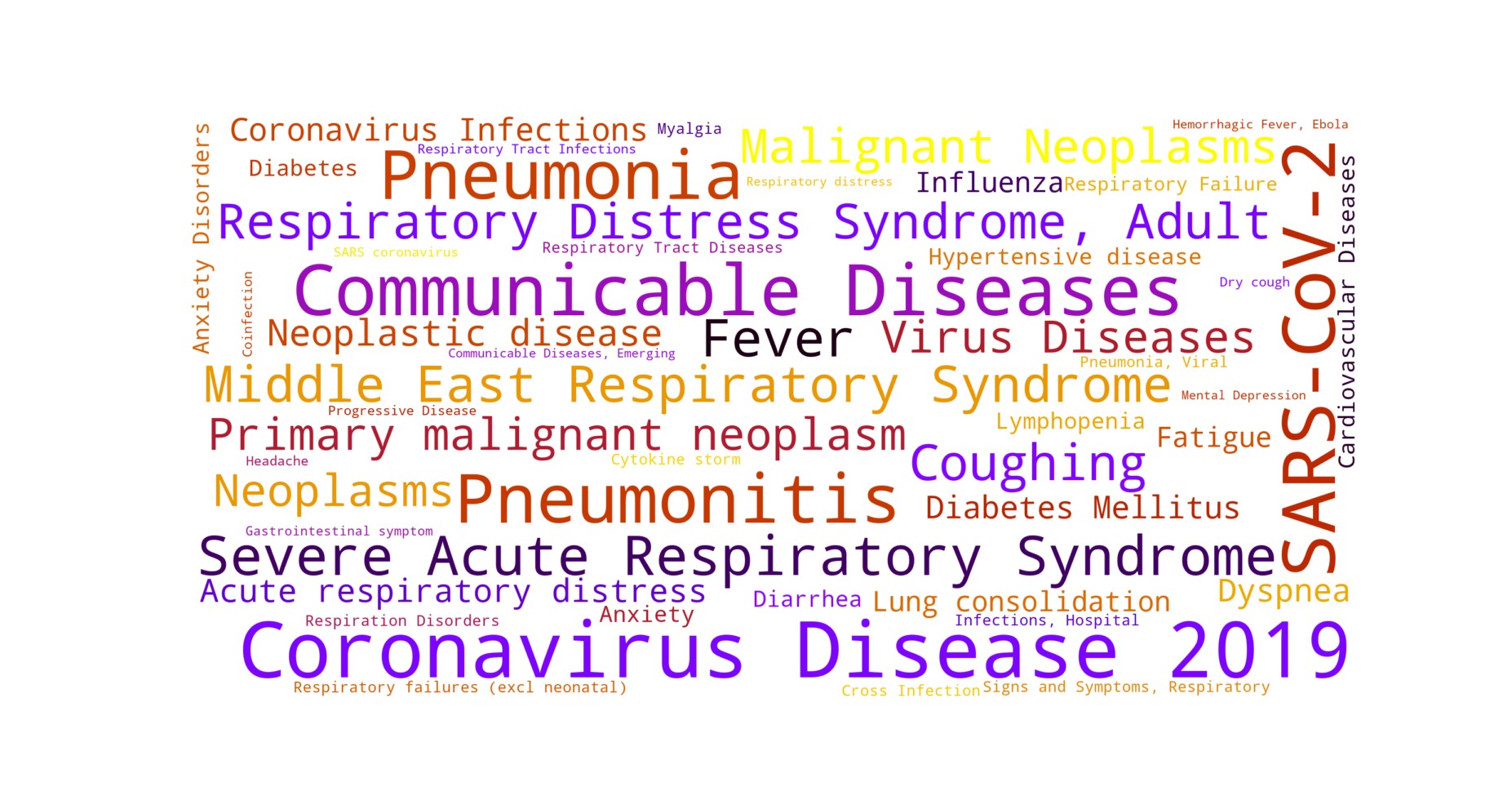
18/05/2020
The version 7.0 of DisGeNET is now available and includes the creation of a new resource for COVID-19
DisGeNET is a public knowledge management platform that offers information on genes and genomic variants associated with human diseases
The GRIB Integrative Biomedical Informatics group (IMIM-UPF) has launched a new version of DisGeNET (version 7.0, May 8, 2020), which contains more than 1 million associations between 21,000 genes and 30,000 diseases, and 350,000 associations involving more than 190,000 genomic variants. All the data sources have been updated including the information automatically extracted by text mining of the literature. In addition, a new resource focused on COVID-19 has also been created.
DisGeNET is a public knowledge management platform that offers information on genes and genomic variants associated with human diseases, which is obtained by integrating data from more than a dozen public resources and the scientific literature. DisGeNET contains one of the most comprehensive collections of genes and variants associated with human diseases that is currently available and is a resource for sharing and exchanging information recommended by the ELIXIR project, which is called, ELIXIR Recommended Interoperability Resource.
The new features of the current release include:
- New data for genomic variants: the data now includes the risk allele of the disease variant for several databases (ClinVar, the GWAS Catalog and GWASdb)
- New search functionality that allows to expand a disease search with new disease concepts based on semantic similarity.
Likewise, as part of the community efforts to structure the new emerging knowledge about the COVID-19 pandemic, the group has developed a text mining resource on COVID-19.
Since the epidemic outbreak, there has been a daily increase in publications containing information about COVID-19. the text mining pipeline used in DisGeNET has been customized to scan the literature and identify mentions of COVID-19, the SARS-CoV-2 virus and other concomitant diseases and symptoms. This information is being updated regularly and is publicly available at https://www.disgenet.org/covid/diseases/summary/
This resource can support investigation of risk factors relevant for the pandemic, as well as of the variety of symptoms observed in different populations or the occurrence of concomitant diseases.
These developments have been possible thanks to the support of the company MedBioinformatics Solutions.



